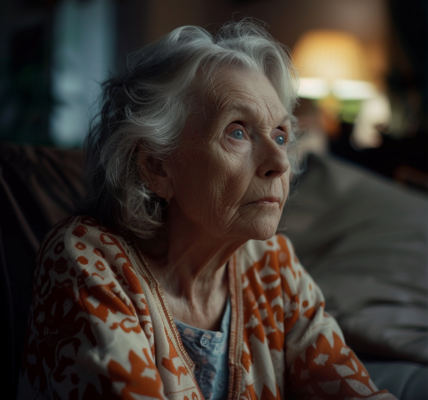Remember the early days of the COVID-19 pandemic when everyone was stuck at home? While some took to baking sourdough and binge-watching, many settled on baby-making! Or that’s what the experts initially thought as they projected a COVID baby boom. As the reality set in, researchers noticed that it actually was a baby bust, not boom, and attributed the trend mainly to economic uncertainty.
Now, if we were to go with the new evidence, the decline might have something to do with the biological effects of the pandemic, more than the economic. In a first-of-its-kind study, researchers have recently uncovered a significant drop in cis-gendered women’s sex drive after the COVID-19 infection. So, did the pandemic act like the Cupid’s evil twin?
COVID, the Libido Killer
As per the new study from researchers at Boston University, COVID-19 might be affecting our most intimate moments beyond the turn-off from constant coughing and body aches!
The study delved into the experiences of over 2,000 women, some of whom had contracted COVID-19 and others who hadn’t. The results were stark: women who had COVID reported a notable reduction in libido compared to their counterparts.
But the story doesn’t end there. Women experiencing long COVID, where symptoms linger for weeks or months, faced an even steeper decline. They reported significantly worse issues with arousal, lubrication, orgasm, and even pain during sex.
However, it is important to note that previous BU research has found no negative impact of COVID-19 vaccination on female fertility or menstruation. So, getting vaccinated remains crucial for overall health and protection.
Both Physiological and Psychological Factors at Play
Even after four years, the shadow of the pandemic looms large. It continues to impact many of our physical health with the long COVID symptoms like brain fog, body aches, and fatigue.
Researchers believe a combination of factors might be at play. COVID’s physiological toll can leave the body less prepared for intimacy. But there’s also a psychological aspect: anxiety, fatigue, and the overall strain of the pandemic could have dampened desire and enjoyment.
The study also acknowledges the broader societal changes brought by the pandemic. With fewer social outings and kids constantly around, opportunities for intimacy, whether solo or shared, might have dwindled.





